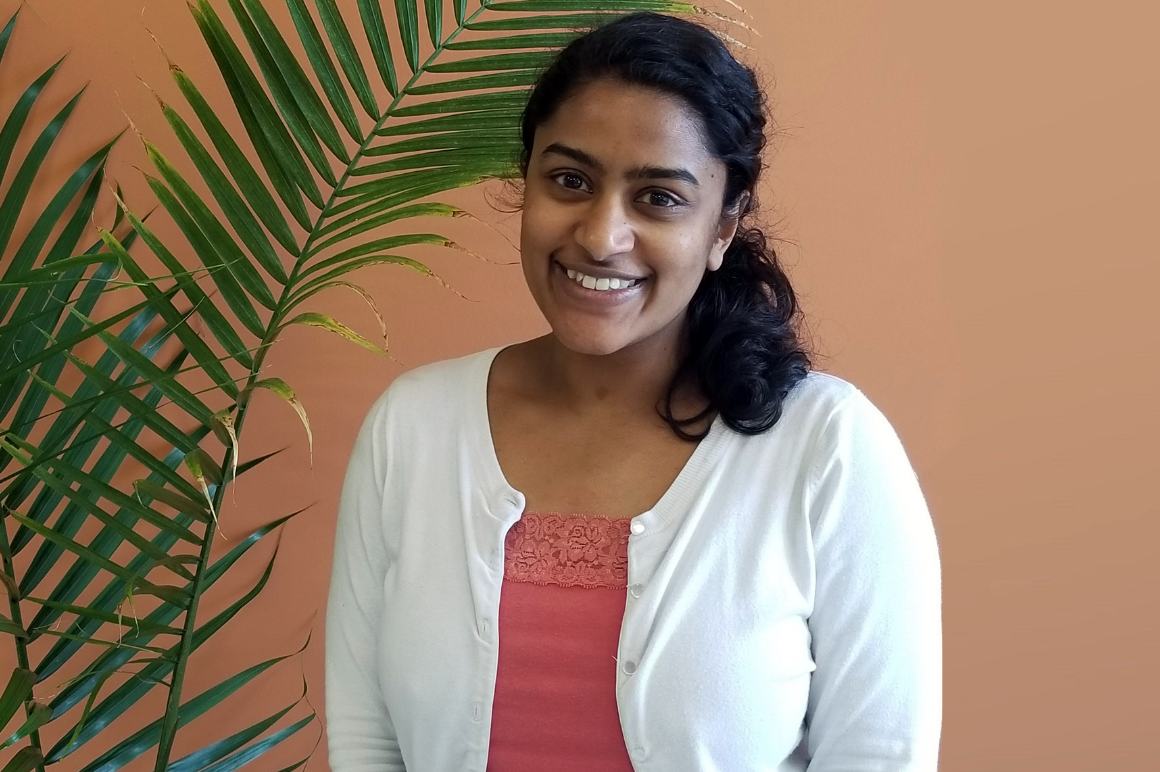Using Epidemiology to Foster Health Equity

Rini Jose, MPH, is a third-year PhD student in the department of Epidemiology and Biostatistics at the Dornsife School of Public Health at Drexel University. After completing her master’s degree in public health (MPH) at Rollins School of Public Health at Emory University, she chose to pursue her doctoral degree at Dornsife for several reasons.
A self-proclaimed “city person,” she wanted to be in a city environment and Drexel was located closer to her family in Long Island, New York.
The PhD in Epidemiology program at Dornsife also offered the type of mentoring that Jose was looking for. “When I first visited Dornsife I was struck by how accessible and personable the faculty was,” she said. “Everyone at Dornsife is truly committed to student success and professional growth, which is not true everywhere!”
Jose’s main area of study is epidemiology. “I like to describe my public health focus as the intersection between infectious diseases and health disparities,” she said.
Her dissertation is focused on understanding differential healthcare access in Philadelphia and how that impacts the prevalence of hepatitis C virus. “I feel strongly about understanding how and why certain groups of people are more likely to suffer adverse health outcomes, and how I can use epidemiology to foster health equity,” she said.
This work challenges Jose and requires her to think outside the box. “Many health departments are underfunded, lack a robust workforce, or simply do not have the expertise necessary to tackle complex public health problems,” she explained. “My PhD has been about learning advanced skills and complex concepts to put into practice in real-world settings, ultimately translating my research findings into practice or policy.”
Some highlights of Jose’s time at Dornsife have been winning the Drexel Teaching Assistant Excellence Award, having her work published, and recently being selected as alternate for the Boren Fellowship to Israel for research at Ben-Gurion University of the Negev and Hebrew language study at Tel Aviv University.
The fellowship is a great opportunity for Jose. “The primary reason I was so drawn to the Boren Fellowship was because of the pathway into public service – Boren fellows are required to complete at least a year of governmental work after graduating with their degree,” she shared.
“After my MPH, I worked as an epidemiologist at the state level and saw, first-hand, my work put into practice. Ideally, after graduating, I would return to applied public health,” said Jose.
Read more about the work of Dornsife's Epidemiology doctoral students